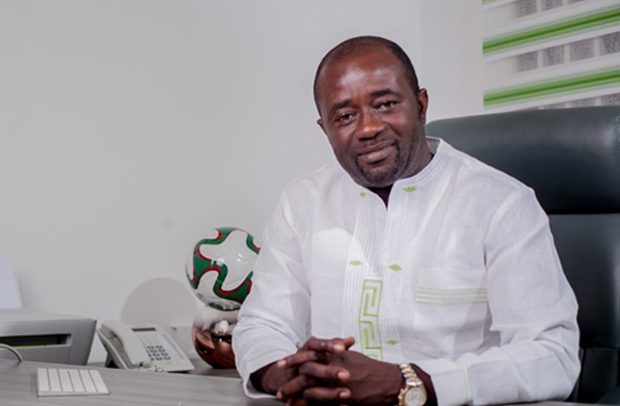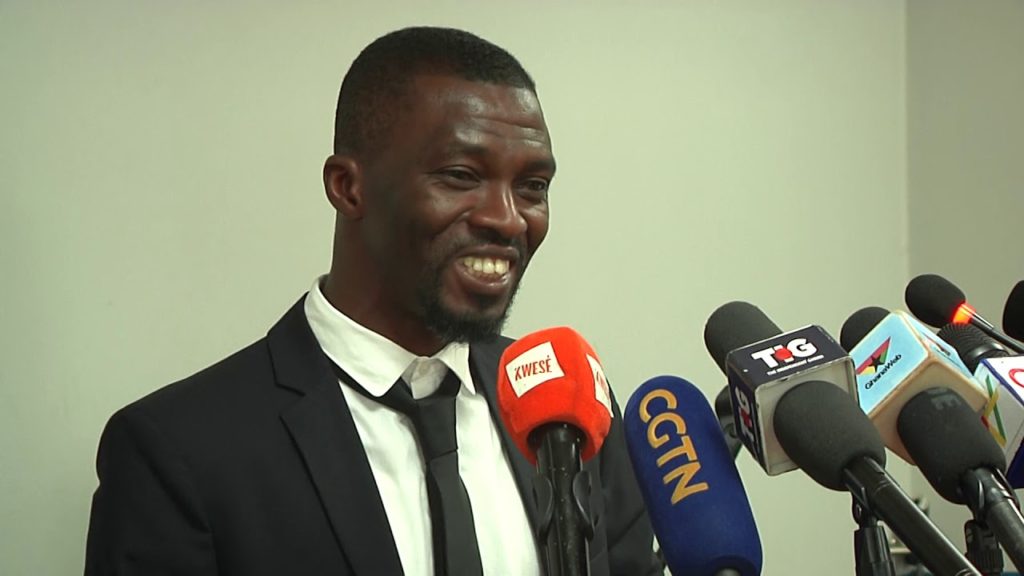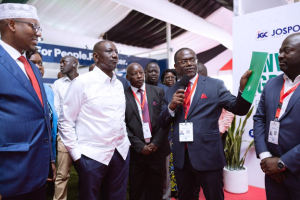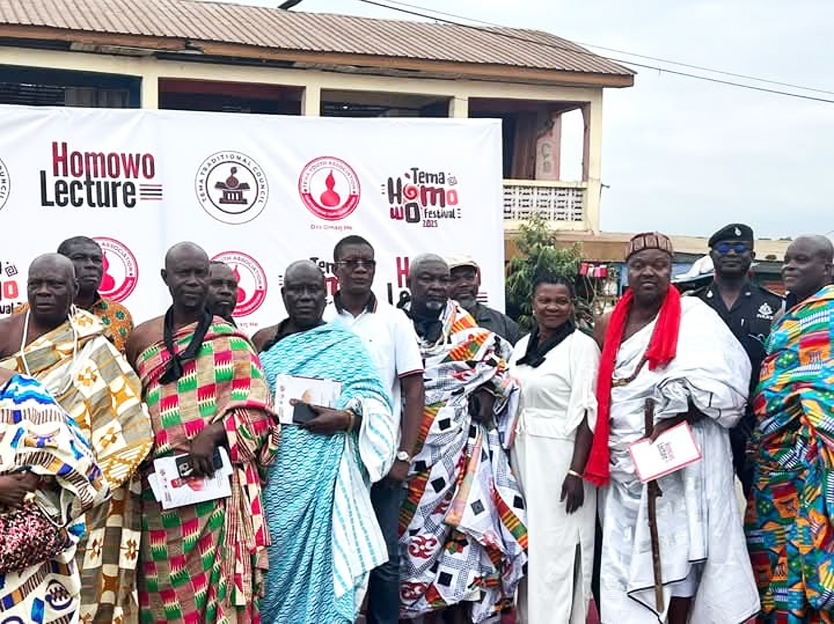
The latest warning from the World Bank regarding threats to fiscal stability should not be treated as just another routine advisory.
The ongoing fiscal recovery, hard-won through painful austerity and external support, is in danger of collapsing under the weight of debts in the energy and cocoa sectors.
Liabilities of the usual suspects – Electricity Company of Ghana (ECG) and Ghana Cocoa Board (Cocobod) – remain large and continue to pose a clear and present threat to the entire economy.
ECG’s projected cash shortfall of US$9billion by 2026 is nothing short of alarming. It does not require rocket-science to know that this stems from years of inefficiency, uncollected bills, technical losses and ruinous contracts with power producers.
Cocobod’s liabilities, already above US$3billion, are equally troubling. Its dependence on syndicated loans and exposure to volatile global prices have trapped it in a cycle of borrowing and repayment that adds little long-term value to the economy.
The danger is obvious and unless checked these debts will migrate to the national budget, wiping out the modest gains made under fiscal consolidation. Other African countries have shown how quickly SOE debts can spiral into sovereign crises. Ghana is not immune.
Government has announced corrective measures: tariff adjustments, contract renegotiations, expansion of domestic gas, farm rehabilitation and more local cocoa processing. Parliament has even amended the ESLA Act to raise petroleum levies for energy debt payments. These steps are welcome but far from sufficient. Ghana’s track record is littered with reforms that looked good on paper but failed in execution.
The solution lies in firm and transparent action. ECG must adopt cost-reflective tariffs – but more importantly strengthen collections and reduce losses. Cocobod must wean itself off syndicated loans and push aggressively into value addition. Above all, political interference in SOEs must stop. Oversight institutions must be empowered to enforce accountability without compromise.
Ghanaians are already enduring austerity to stabilise the economy. They cannot be asked to carry the burden of wasteful state enterprises indefinitely. Government must move beyond rhetoric and deliver reforms with urgency. Anything less risks plunging the country back into the very crisis it is struggling to escape.
The post Editorial: How long can we afford to ignore SOE debts? appeared first on The Business & Financial Times.
Read Full Story














Facebook
Twitter
Pinterest
Instagram
Google+
YouTube
LinkedIn
RSS